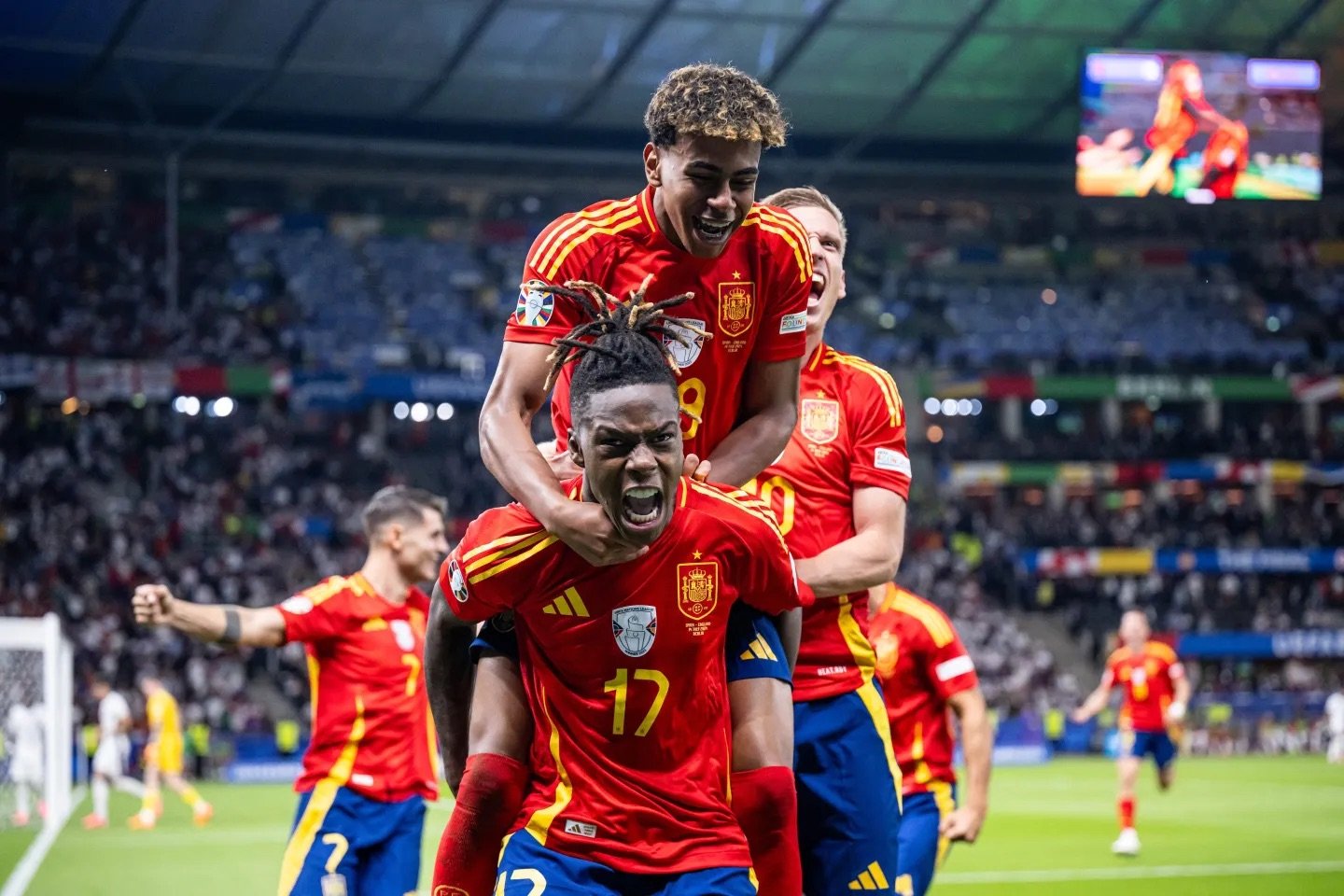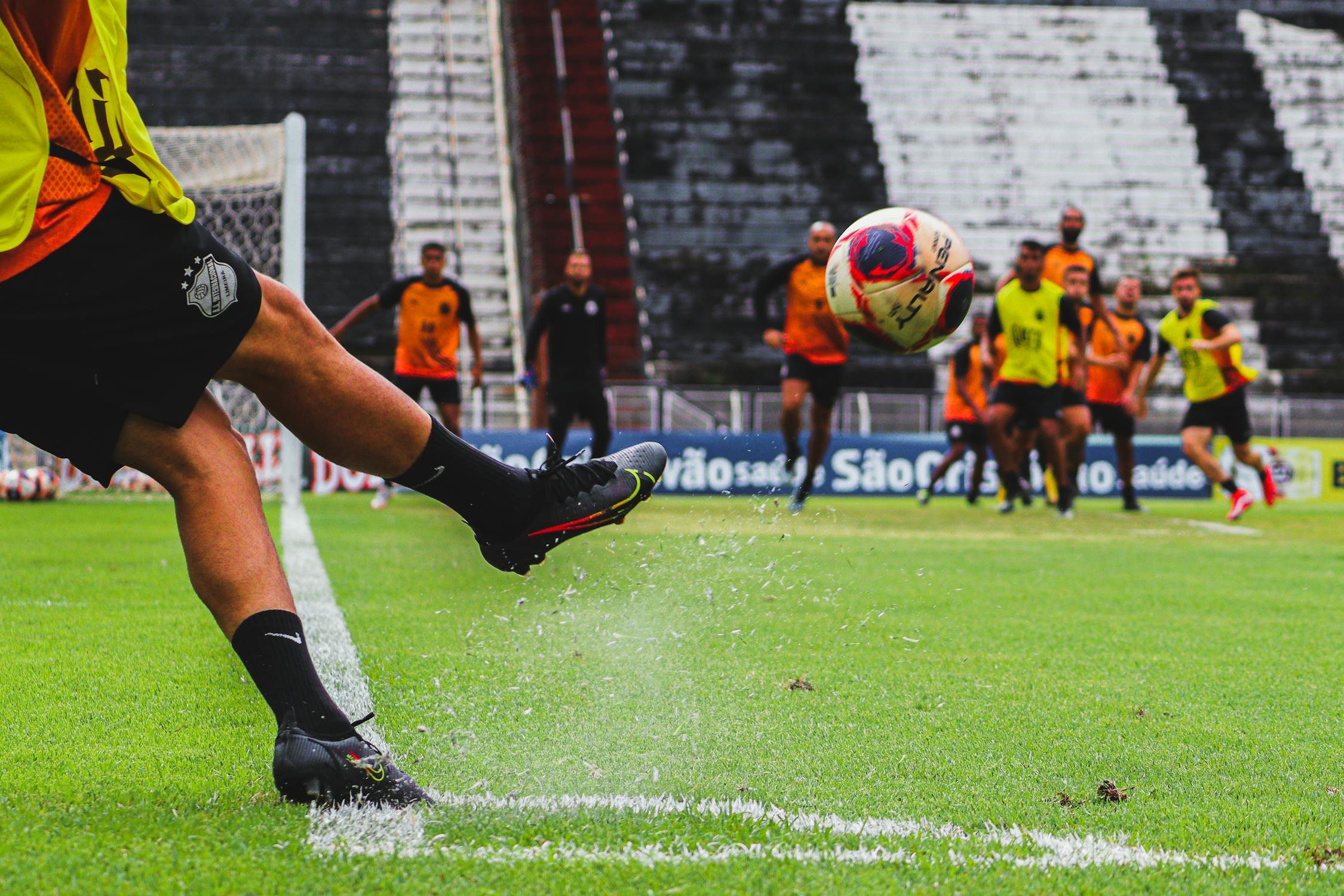The 2024-25 UEFA Nations League presents several teams with a solid chance of achieving success. Spain, as the defending champions, enters the tournament with momentum, but several other teams are also emerging as formidable contenders for the title. The competition format, team rosters, and recent performances are key factors when considering which teams have the strongest potential to claim the trophy.
Spain, the Defending Champions, Retain a Strong Presence
Spain remains one of the leading teams, having secured the 2022-23 UEFA Nations League crown. They progressed through a challenging group featuring Portugal, Czechia, and later defeated Italy and Croatia to win the final on penalties. Spain's consistency in performing against top-tier teams suggests their potential to retain the title in the upcoming edition. The team boasts a blend of experienced professionals and younger talents, and their defensive organization, midfield control, and attacking capabilities remain a core strength. Despite slipping into phases of offensive drought, Spain's pragmatic approach helped secure key victories in the latter stages of the previous Nations League edition. Players like Pedri and Dani Olmo will be central to their campaign again.
Spain finds itself in League A4 alongside the Netherlands, Denmark, and Serbia. Given their recent form, expectations will be high for their progression through their group. Spain's key advantage—as in previous editions—is their ability to balance possession with defensive resilience. Though other teams pose considerable threats, Spain is equipped to make a deep run in the competition.
France and Italy: Always in the Conversation
France is another historically strong contender, consistently performing at high levels in international tournaments. Multiple squads can be produced from their wealth of talent and depth, meaning injuries or squad rotations have minimal impact on their overall competitiveness. France's potential to progress is bolstered by players such as Kylian Mbappé, Antoine Griezmann, and Aurélien Tchouaméni, who provide versatility across the pitch. They are placed in League A2, alongside Belgium, Italy, and Israel. Given their previous performances—particularly their victories over Israel and Belgium—France is poised for advancement through their group with relative ease.
Italy, positioned in the same group, also remains a perennial threat despite an inconsistent Euro 2024 campaign. Italy's defensive strength remains a key asset, built around tight-knit defending and a disciplined midfield line. Their group performances in recent years indicate their resilience, particularly following their 2020 European Championship victory. Players like Nicolo Barella and Alessandro Bastoni bring stability, while attacking options such as Federico Chiesa allow them to break opposition defenses. Furthermore, Italy's methodical approach has historically served them well in knockout stages, and this formula could again propel them into the latter rounds of the tournament, potentially setting up an encounter with teams like France or Spain in the knockout stages.
Germany and Portugal: Strong Foundations, High Expectations
Germany's path to the quarterfinals appears smooth, with strong performances thus far in the competition. Their placement in League A3 provides a competitive yet achievable route for advancement, sharing the stage with the Netherlands, Denmark, and Israel. Of particular note is Germany's consistent rebuilding effort, positioning themselves as formidable opponents. Players such as Jamal Musiala, Joshua Kimmich, and Leroy Sané offer balance in attack and midfield, ensuring fluidity between defense and attack. Germany's efficient play has vastly improved under recent management changes, and their depth allows them to rotate key players ahead of critical matches. The improved tactical approach, mixing physical play and technical sharpness, results in Germany being well-positioned for a long tournament run.
Portugal, positioned in Group A1 alongside Croatia, Poland, and Scotland, represents another credible contender. Portugal's recent tournament experiences, including their Nations League win in 2019 and strong Euro qualifying campaigns, highlight the wealth of talent available for selection. Veterans like Cristiano Ronaldo, now further experienced, blend with emerging players, including João Félix and Rafael Leão, giving Portugal a balanced and versatile team composition. Their formidable display of defensive coordination under manager Fernando Santos's structured tactics has kept opposition teams at bay. With a final group match against Croatia deciding key group standings, Portugal's advancement in the tournament is highly probable. Having already secured multiple qualifications in past international tournaments, Portugal's competitiveness places them among the potential teams to reach the semifinals or finals.
Emerging Teams: The Impact of the New Format
The 2024-25 tournament introduces a new quarterfinal stage, featuring the winners and runners-up of all Group A divisions. This format adjustment serves as an advantage for teams consistently finishing in the top two of their respective groups, improving their chances of reaching the finals. The revised structure also amplifies competition between elite teams while offering smaller nations like Georgia or Luxembourg—with their rises in League C and B respectively—chances to compete for promotional aspirations.
Georgia is particularly noteworthy. Their ascent in League B, punctuated by topping their group in the last Nations League, demonstrates their increasing competency on the international stage. Georgia conversely offers a different dynamic, emerging as a dark horse. Their players' technical ability, coupled with a solid defensive record, positions them as a team capable of producing results against higher-ranked opponents. Should their form in League B continue, the team may serve as a surprising contender for promotion into League A, offering long-anticipated representation at a higher level of competition.
Meanwhile, Luxembourg's upward trajectory also demands consideration. Their performance in League C earned them promotion, and their display against higher-tier teams—exemplified by competitive matches against Portugal in Euro qualifiers—enhances their credentials. Though Luxembourg remains distant from title contention at present, their potential carries implications for future tournament cycles, as they continue to exceed expectations.
Platforms and Their Role in Sports Predictions
The wide range of online platforms available today has transformed the way enthusiasts engage with sports predictions. Among them, several sportsbooks provide options for betting enthusiasts interested in the UEFA Nations League. Using these platforms, users can explore detailed odds analysis, upcoming fixtures, and team statistics that can enhance informed betting decisions. Websites such as Bet365, William Hill, and Caesars Sportsbook remain popular due to their extensive coverage of international football events. Furthermore, dedicated sections for live-in-play betting allow users to adapt their stakes based on real-time match developments, which is essential for those focusing on the dynamic environment of tournaments like the UEFA Nations League.
Similarly, platforms like Fanduel Sportsbook offer enticing propositions for those interested in sports betting. They provide a detailed interface that covers betting markets for events and tournaments, including live updates and quick access to multiple football leagues. This accessibility allows for thorough comparative analysis of odds across different matches, potentially guiding bettors toward smarter wager placements. Moreover, with various promotional offers and bonuses, these platforms enhance the betting environment, incentivizing deeper involvement as bettors explore their options. Therefore, leveraging such platforms can provide an analytical edge, combining statistical forecasts with user-friendly interfaces, which is invaluable when contemplating potential outcomes in leagues like the UEFA Nations League.
Group Dynamics and Projections
The dynamics of the group stages will determine which teams advance to the quarter-finals. Given the strong performance from teams such as Italy and France in Group A2, both are expected to progress. Germany, having already secured a quarter-final spot, await the eventual runner-up from Group A3, where competition remains fierce between the Netherlands and other contenders. Spain must outperform Serbia to continue their Nations League campaign, while Denmark faces a tough challenge to secure a top-two position in their group.

